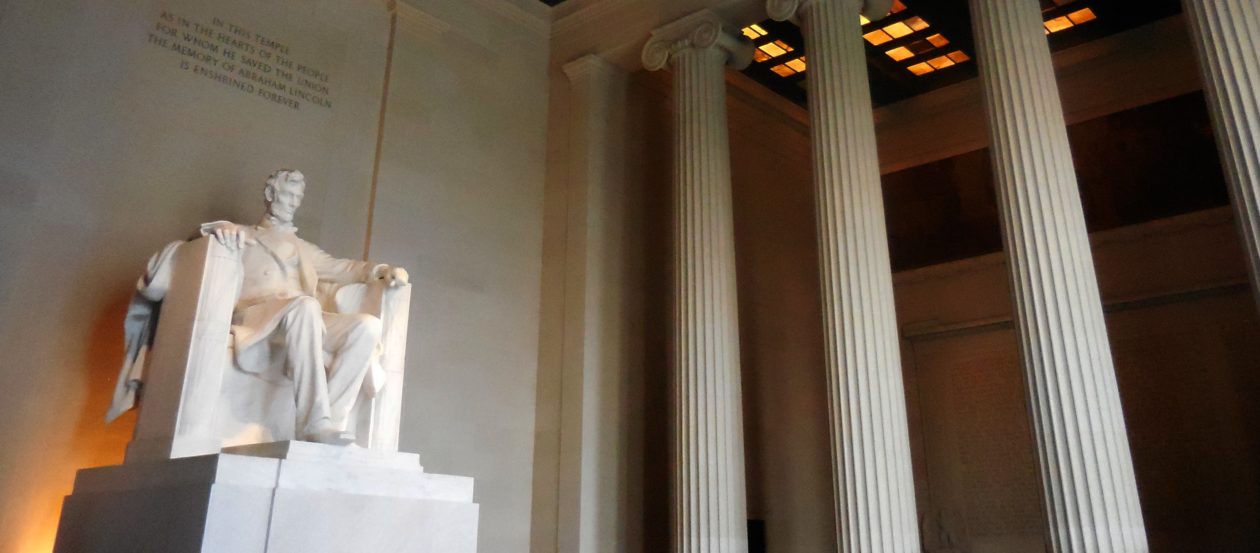
“Two-faced Janus, you who know the things that have already passed and the things to come, and who can see the grimaces behind you just as well as those before, why do they fashion you with so many eyes and why so many faces? Is it because your image teaches men to have kept an eye open all around them?”–Alciati Emblematum, Emblema XVIII
“But the Great Spy-Glass…had eyes of it upon every side of The Mighty Pyramid, and did be truly an Huge Machine”–From The Night Land
“Time-released aspirin…”–Richard C. Hoagland
Fear of the deep future (or the deep past) suggests a morally ambiguous universe that goes on without us. All activity within it continues without a care for human dreams or aspirations to heaven or a damning to hell. Grinding all into entropic detritus time with it’s continual unending and unforgiving forward motion invokes a sense of despair. It’s one thing that we die but, if meaning itself dies, this conjures up more complex ontological problems drowned by a simple one: that there is no meaning, the unknown rules supreme and that we exist in the deep past of some unholy future. Continue reading Dwellers on the Threshold: The “Night Land” and the “Anamnesic Imagination” Part 2–Janus and Time.

